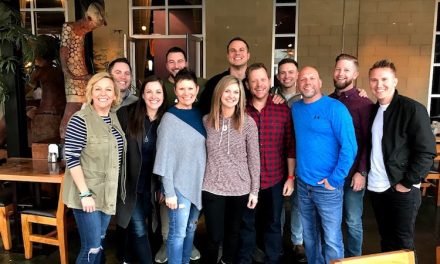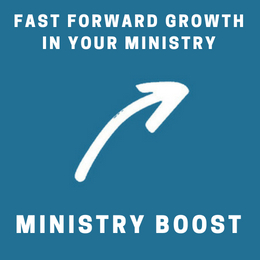So it’s your first year in the role of a NextGen Pastor. Let’s say it’s a new job at a new church. What should you do first? What should you prioritize? This is the conversation I had with Nick Blevin’s on his Family Ministry Podcast. You might talk to 10 different people and get 10 different answers. That’s perfectly fine. However, I found five things to be really helpful to focus on for my first year at my second NextGen Pastor role. Here’s the first.
“Culture eats strategy for breakfast.”
Peter Drucker
I can’t think of many things more important than taking the time to learn the culture.
- Your church has a unique culture.
- The staff has a unique culture.
- The executive team has a unique culture.
- Your children’s team has a unique culture.
- Your student team has a unique culture.
Boy, do you have a lot to learn.
Leaders who jump into a new role and start changing stuff are likely to have a rude awakening. They’ll experience this revolutionary idea originated by Peter Drucker and made famous by Mark Fields, “culture eats strategy for breakfast.” It might be the right idea, but the wrong way. It could be the right change, but the wrong time. Instead of having a quick win, it will be a setback with a mark against you simply because you didn’t understand the thing that takes time to learn. Culture.
Honestly, it takes a lot longer to understand an organization’s culture than you think. That’s okay, this isn’t a sprint. Leading at this level is important and some things take a little time.
Learning culture requires you to be a listener. Listen to the conversations people are having with each other. How do they talk about the organization when their management isn’t listening? How do teams talk about other teams? Is there consistency among these conversations? How does the executive team communicate to each other? What aren’t things being said? What are things being said a lot?
Learning culture requires you to be an observer. Take note of behaviors. What time do people tend to arrive in the morning and leave for the day? Are there patterns? What is the vibe/experience at various staff meetings? How do people communicate? Do people have honest/direct conversations in person? What is the quality of services/products? What is the quality of communication? Do people seem aware of the quality (proud of what they produce or aware of the deficiencies)?
As a NextGen Pastor, you will have to work within this culture. You’ll have to get things done in spite of the culture. You’re going to have to leverage the culture to be successful. However, you’ll also have the organizational influence to shape and mold culture – but that’s another post.
Just hear this. Don’t underestimate the time it takes to fully comprehend your organization’s culture. I worked at Gateway Church in Austin, Texas. I think I was there for nearly six months before I understood a pretty huge piece of the leadership/development culture. There was a huge emphasis on personal discipleship. I found this both refreshing and inspiring. I hadn’t really been challenged in this way in a very long time. However, one day I hit a wall. The expectation was a lot bigger than I understood and I started to feel overwhelmed by this expectation on top of the expectations of my job. Over the years, I’d hire new staff that would have a similar revelation 3-6 months in of what was truly expected, despite our attempt to communicate it. Over the years, I’d lose staff because of it. It wasn’t bad. It was just the culture of spiritual development at this church.
After celebrating seven years at this church, I had an “ah ha” moment. I was actually surprised that I hadn’t seen it before. Our lead pastor and many of the executive staff all had come from Campus Crusade. Most of them had even been on staff. The spiritual development culture of the church had come from Campus Crusade. Suddenly it made perfect sense as to why we did so many of the things we did. It took me seven years to figure out this huge piece of our culture.
Take the time necessary. Become a learner. Investigate. You’re not looking for things you don’t like about the organization, just how the organization currently works and why it works that way. This is going to help you lay a foundation of influence in the critical position you hold.







Thanks for the reminder! I am about 9 months into serving at a new church after coming from a church where I was on staff for 7 years. Unfortunately, I didn’t take the time I should have to learn the culture in a few areas when I first got here. The past few months I’ve had to back up and start looking at things differently and learning the culture. I am now getting a better look at what is going on and feel like I can move in the same direction as everyone else. There are some changes that still need to be made, but we can get to those. It’s a marathon not a sprint!
You’re absolutely right about pace. I don’t know if this stat is still accurate (it was a few years ago), but the average tenure of a kids/student pastor at a church is only 1.5-2.5 years. Crazy, right? I don’t think you’re really even getting things started until a year in. I think we have to constantly be thinking 3-5 years out. I’m currently seeing a pretty clear path that is at least 3 years right now and it feels really full. Sometimes things don’t move as fast as I’d like, but if we moved any faster, I’m not sure it would be healthy for the church or the staff.